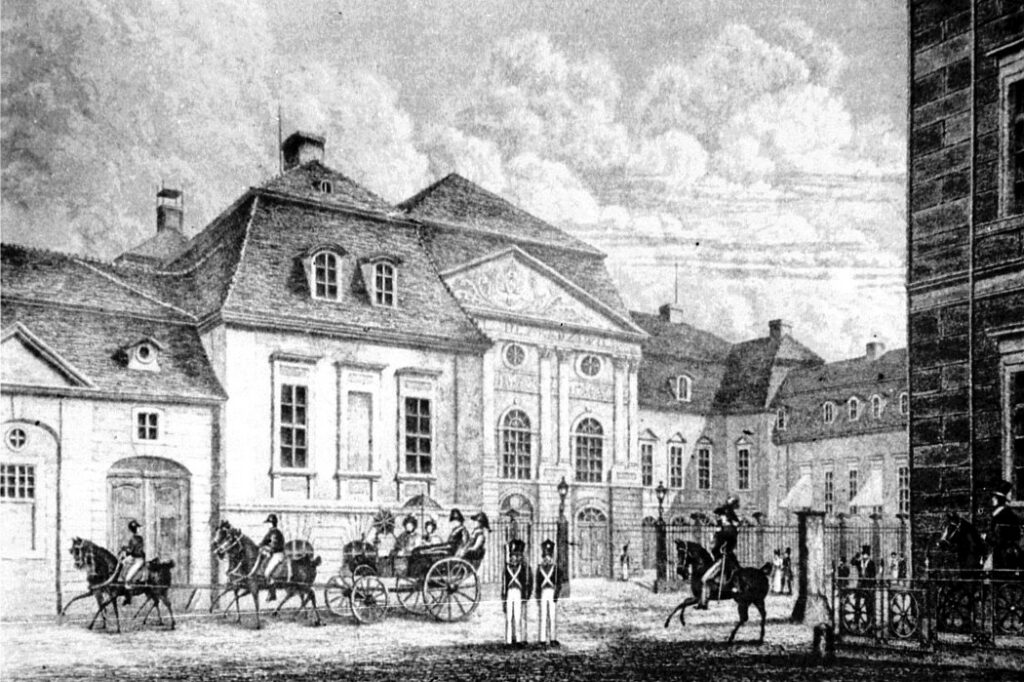If you see this after your page is loaded completely, leafletJS files are missing.

On November 15, 1884, the Berlin Africa Conference, which also went down in history as the West Africa Conference or “Congo Conference,” began in the old Reich Chancellery at Wilhelmstrasse 92 (now 77). The conference lasted until February 26, 1885. Just six years after the Congress of Berlin on Balkan rule, Imperial Chancellor Otto von Bismarck invited the European and overseas powers then present in Africa, including England, France, Belgium, Portugal, Italy, Spain, the Ottoman Empire, and the United States. Regulating the imperial and colonial interests of these powers and thereby avoiding tensions was the core theme of the conference. Africa and the Africans appeared only as colonial objects of European politics. They had no say in the division of their continent.
Belgium in particular asserted interests in the Congo region, which was rich in mineral resources such as gold and diamonds. This led to disagreements and conflicts between the colonial powers. Bismarck’s intention was to defuse these conflicts and channel them through multilateral agreements. The result was a balancing of interests between the participating colonial powers. The result of the conference was, among other things, the partition of Africa (except for the independent states of Ethiopia and Liberia). The so-called Congo Free State became the private property of the Belgian King Leopold II. The Belgian colonial power brutally exploited the Congolese people through forced labor, committed mass murders and caused famines. Millions of people died in the Congo alone.
The Berlin Conference marked a turning point in German colonial policy. Thus, the German Empire, founded only in 1871, became an important global colonial actor with its claims to overseas territories in Africa as well as South Sea islands. What had been announced long before by “trade traffic” and colonialist “civilization doctrine” now became state policy through official German colonial policy in the form of exploitation, mass murders, concentration camps and punitive expeditions, and ended in the 1904-1908 genocide of the Herero and Nama people in what is now Namibia.
Even today, the continent faces the serious consequences of this economic, social and cultural exploitation of its resources and history. More on this can be found in the sources and tips for further reading.
Source:
Walter Rodney. How Europe Underdeveloped Africa. Bogle-L’Ouverture Publications, London. 1972. German edition: Afrika – Die Geschichte einer Unterentwicklung? Wagenbach, Berlin. 1973
Jürgen Zimmerer: Bismarck and Colonialism. In: Aus Politik und Zeitgeschichte (APUZ 13/2015). Available at: https://www.bpb.de/apuz/202989/bismarck-und-der-kolonialismus?p=all
Jürgen Zimmerer. “War, Concentration Camp & Genocide. The First German Genocide”. Genocide in German Southwest Africa. The colonial war (1904-1908) in Namibia and its aftermath. Ed. Jürgen Zimmerer/Joachim Zeller. Berlin: 2003, pp. 45-63
